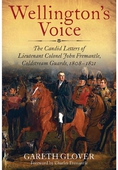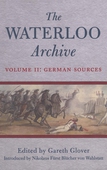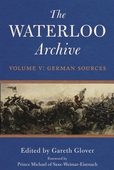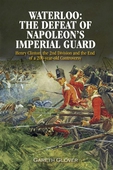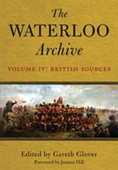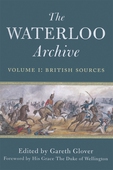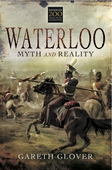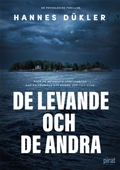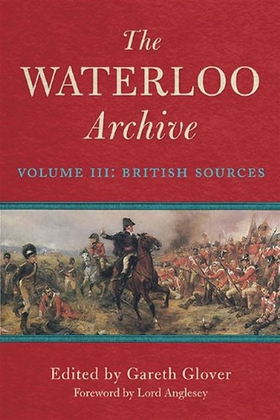
Lägg till önskelistan
The Waterloo Archive e-bok
Pris
115 kr
The British archives of the Napoleonic wars are unique, brimming with personal letters to family and friends or journals that record their innermost thoughts. The human aspect of war comes to the fore, the humor and exhilaration; the fears and miseries; the starvation and exhaustion; the horror and the joy.
It is usually accepted that very few common soldiers of this period could read or write and that the few letters and journals that do exist emanate from more senior officers, who were req...
E-Bok
115 kr
Pris
Förlag
Pen and Sword
Utgiven
15 Februari 2021
Längd
304 sidor
Genrer
Historia & Arkeologi, Fackböcker
Språk
English
Format
epub
Kopieringsskydd
Vattenmärkt
ISBN
9781783033270
The British archives of the Napoleonic wars are unique, brimming with personal letters to family and friends or journals that record their innermost thoughts. The human aspect of war comes to the fore, the humor and exhilaration; the fears and miseries; the starvation and exhaustion; the horror and the joy.
It is usually accepted that very few common soldiers of this period could read or write and that the few letters and journals that do exist emanate from more senior officers, who were required to be able to write to perform their duties. Volume I proved this to be a fallacy, and this volume continues with a further three accounts, and shows how the ordinary soldier saw things, giving a different aspect to our studies. Also included:
* The poignant final letters of older family men such as Major Arthur Heyland, jar noticeably with the bawdy and carefree scribbles of youth by such as Ensign Kinchant (including describing his visits to bordellos) who also lost his life that day.
* A long series of letters by Lieutenant Frederick Johnston of the 6th Inniskillings and of Lieutenant George Blathwayt of the 23rd Light dragoons sheds important light on cavalry regiments who have few previously published memoirs.
* A very interesting letter by Second Lieutenant Richard Cocks Eyre of the 2nd Battalion 95th Rifles makes a mockery of the myth that British troops did not openly plunder the local farmhouses before the battle for food and fuel to burn.
*A letter by a civilian visitor to the area six weeks after the battle ends this volume, which will engage and fascinate the reader.

